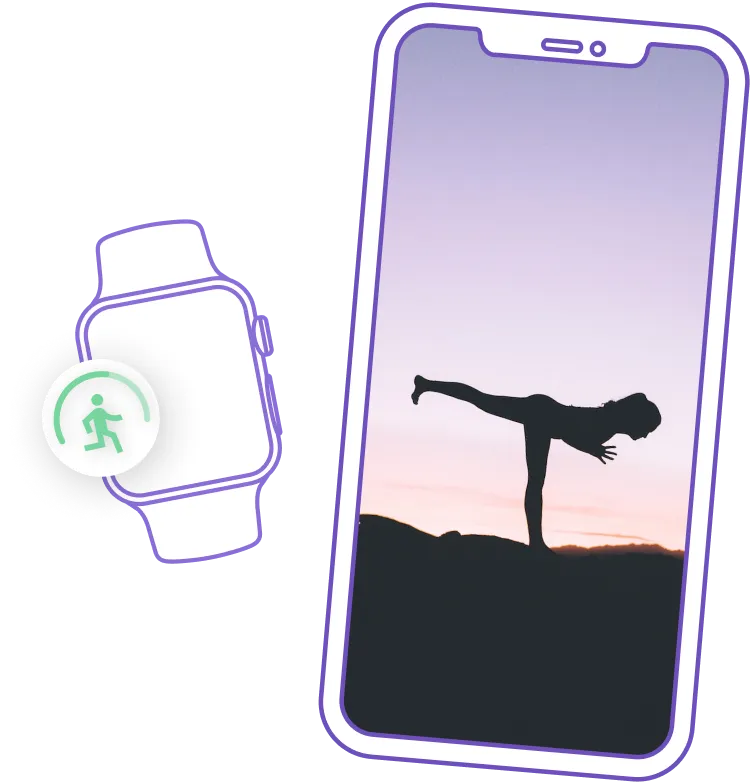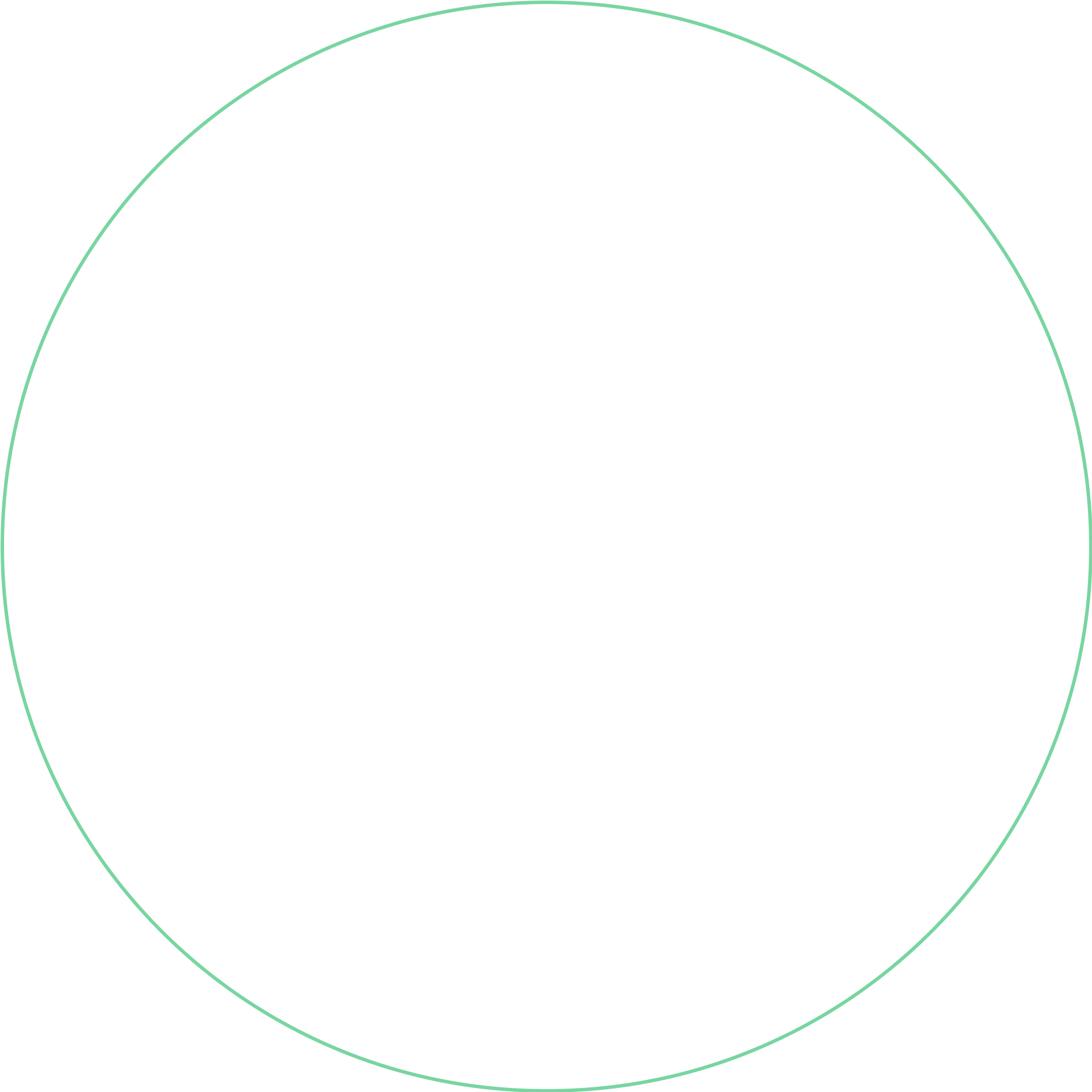
Includes connected fitness equipment, streaming services, wearables, personal training apps and more.
Has gained mainstream consumer acceptance with
meditation-focused apps and mindfulness offerings.
Beyond traditional sleep medication to app enabled sleep trackers and other sleep-enhancing products to achieve better sleep and get comprehensive insights related to the user’s sleep habits.
Nutrition apps help people live a healthier lifestyle by enabling them to track products they are consuming and/or suggesting products and recipes for their dietary needs.
Integrate activity trackers with paired applications to log different activities and workouts and analyze your personal data.

We can carefully analyze your business model and know what questions to ask to help you shape your idea into the right product for your market. It’s not about creating any product, it's about creating the right product.
As a wellness app development company we design digital products taking into account the user’s needs. It’s all about finding a balance between aesthetics and functionality.
Our team of experts build accessible and user-friendly mobile and web apps for your business. We can develop the right solution whether you need fitness app development services or wellness app development services.
We have experience integrating different wearables and IoT devices to fitness and wellness mobile and web apps designed to track workouts, activity progress, sleep cycles, meditation sessions, and more.
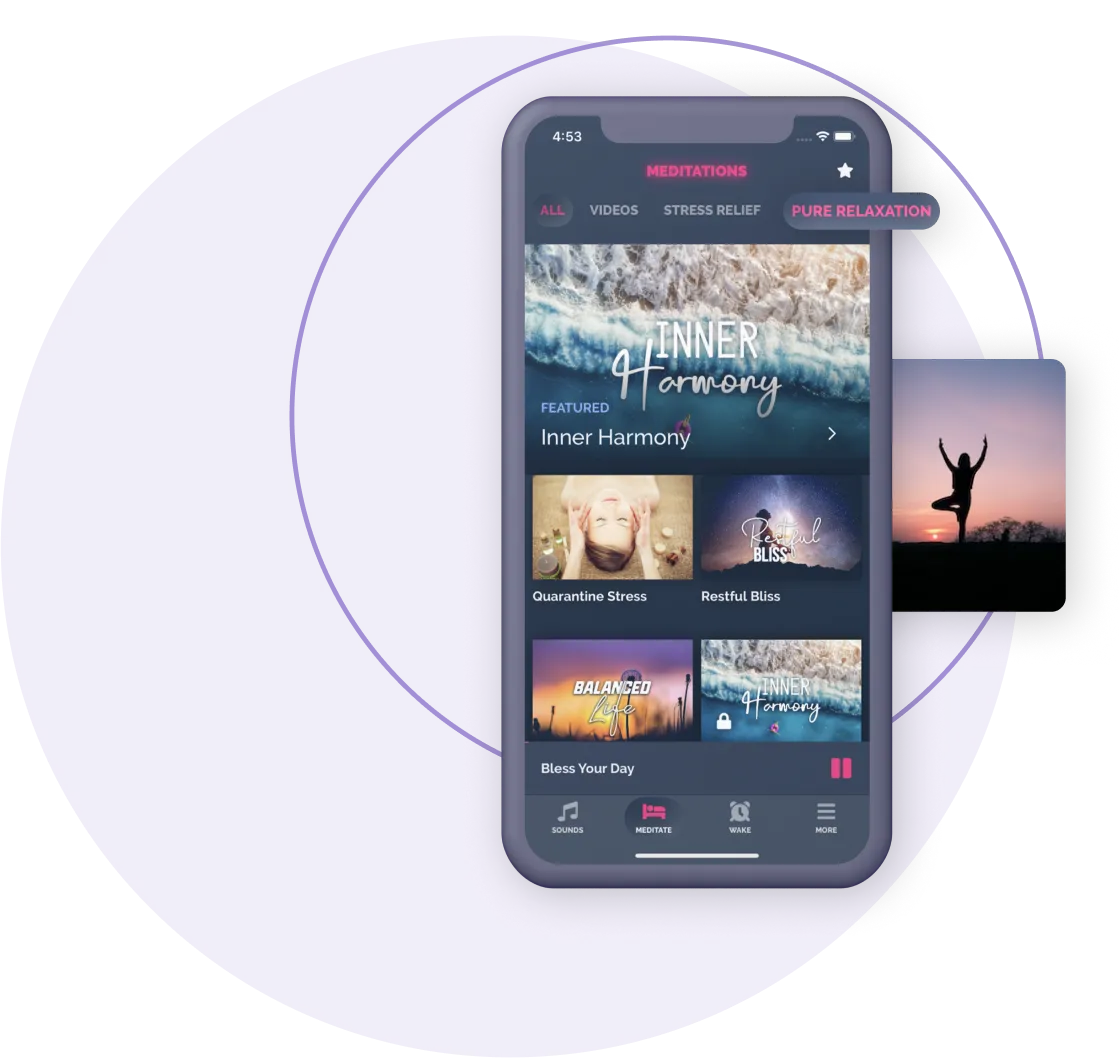
A leading meditation app that has been featured by the App Store several times

Highly Meditated reached out to us so we could rebuild their iOS and Android apps entirely from scratch. Beditations is an app that focuses on meditations to both fall asleep and wake up. While this is a great differentiating factor from other meditation apps, it also generates the challenge of presenting users with a set of features they are not familiar with. To overcome this and achieve really great UX it was important to reevaluate how users would interact with the app.
We worked with this team to completely rethink the UX/UI of the app, with a focus on understanding the users' journey while navigating it. Our first big achievement was the successful launch of the new iOS version. Later we released the Android version. We were also able to apply our knowledge of React and NodeJS by creating a web app where the client can login and manage all of the content the user sees on the mobile app such as playlists and meditations.
Beditations has been featured several times on the App Store and its user base keeps growing every day!

Empowering people to use insights from theirDNA to improve their everyday lives

When we partnered to work with Exploragen we came upon the challenge that their apps had to be user-friendly, robust, appealing, scientifically accurate and secure all at the same time. The client had an excellent grasp on the scientific side of things –because of their vast experience in the field– but they needed help with the software development side to be able to make their ideas a reality.
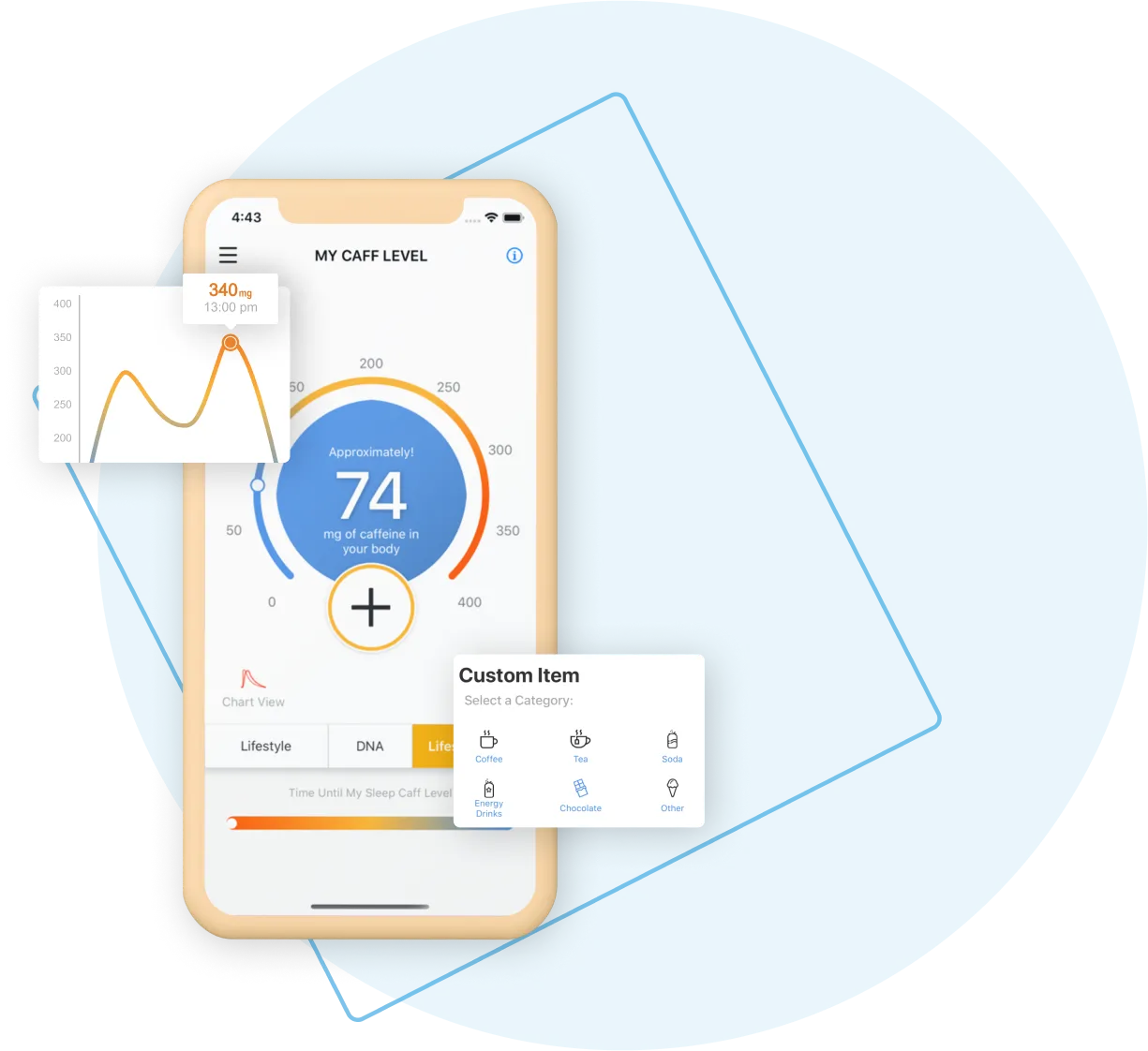
By working closely with the client we were able to develop three different apps that help improve people’s lives based on their unique DNA data. The first one we worked on was Per Cup, an app that checks for genetic variants that are shown to be associated with several different aspects of caffeine response. SlumberType, the world’s first DNA-based sleep app, allows people to learn how DNA influences their sleep cycle and they gain insights about how their results may impact other areas of their life. Lastly, we built GenoTonez as a fun proof of concept that used information contained in DNA coupled with AI algorithms to build music.

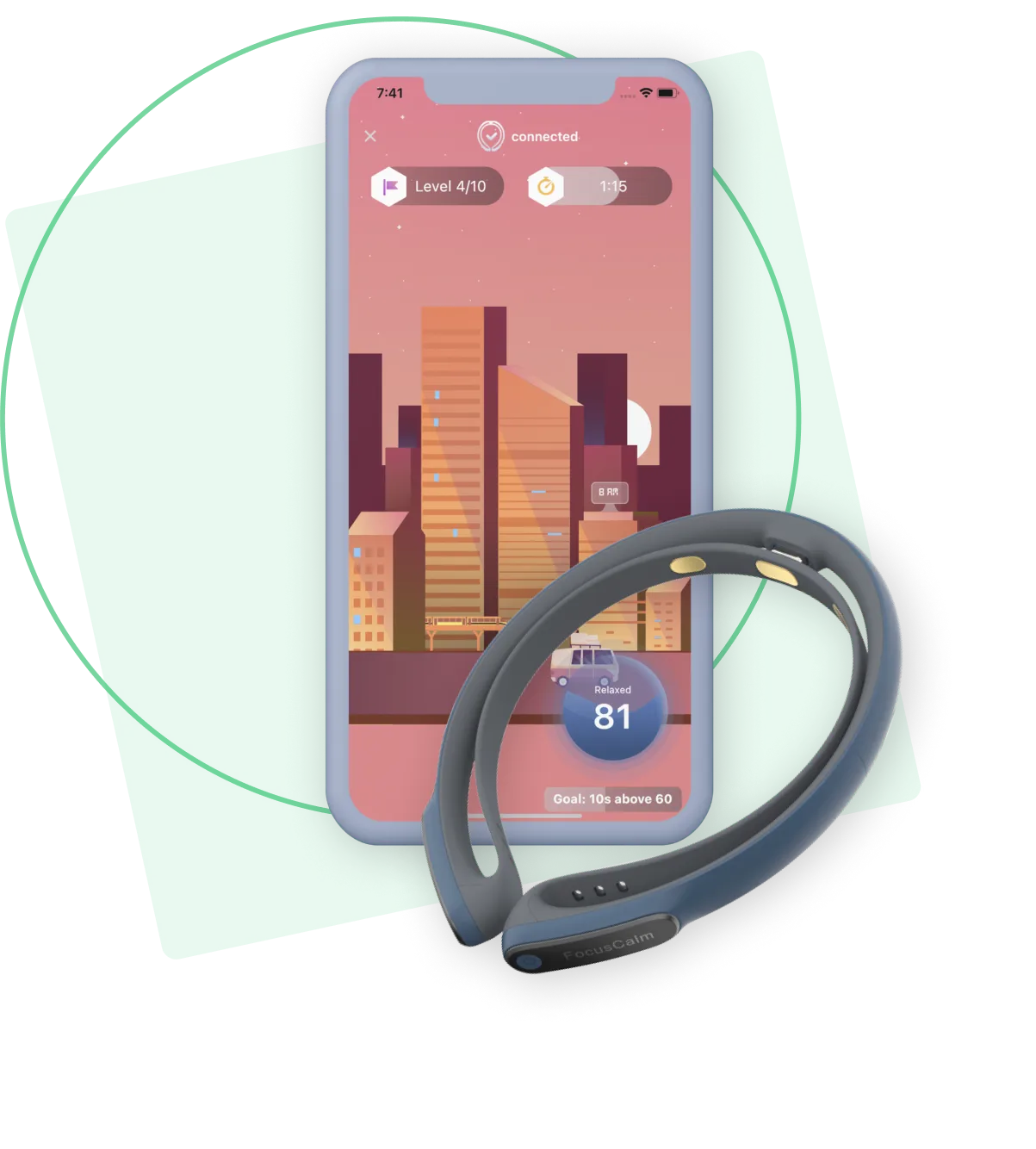
Developing and integrating apps with a wireless headbandthat is used by Formula 1 drivers and US Olympic weightlifters to improve their focus skills

We initially partnered with BrainCo to expand their development team, as their in-house team was busy juggling several other projects. Their search for the right tech partner consisted of knowing they needed someone that had experience not only with iOS development but also integrating different wearables like their FocusCalm Headband. After some time passed they started building the FocusCalm app which, paired with an advanced wearable headband, helps users discover new ways to calm their mind with games, guided meditations and expert content.
Since then we’ve been working collectively with BrainCo developing various games for the FocusCalm app. In the beginning they were basic games we built on Flutter, however later we moved on to more complex ones. Leveraging the Unity framework gave us the possibility to build games with more advanced graphics and mechanics, and we were able to integrate them into the main FocusCalm app. This is a very interesting combination of both frameworks and technologies since it involves a wearable headband connected via bluetooth to an iOS and Android app developed with Flutter, and also controlling the gameplay of a Unity game that runs seamlessly inside the app.

A project designed to help people improve their postural hygiene and health

Most of us spend around eight hours sitting in front of the pc at work, and add a few extra when we get home. Sitting in bad posture all day has a very poor effect on our health and causes us to experience painful side effects such as neck pain, headaches, back pain, among others. Even though we’re conscious of these things and make an effort to adjust it, we still find ourselves sitting in poor posture. We came up with the concept and designed POSTURE to help users improve their postural hygiene. This is achieved by monitoring their sitting position in real time and sending notifications when they need to adjust their sitting position or take a break after a long period of sitting.
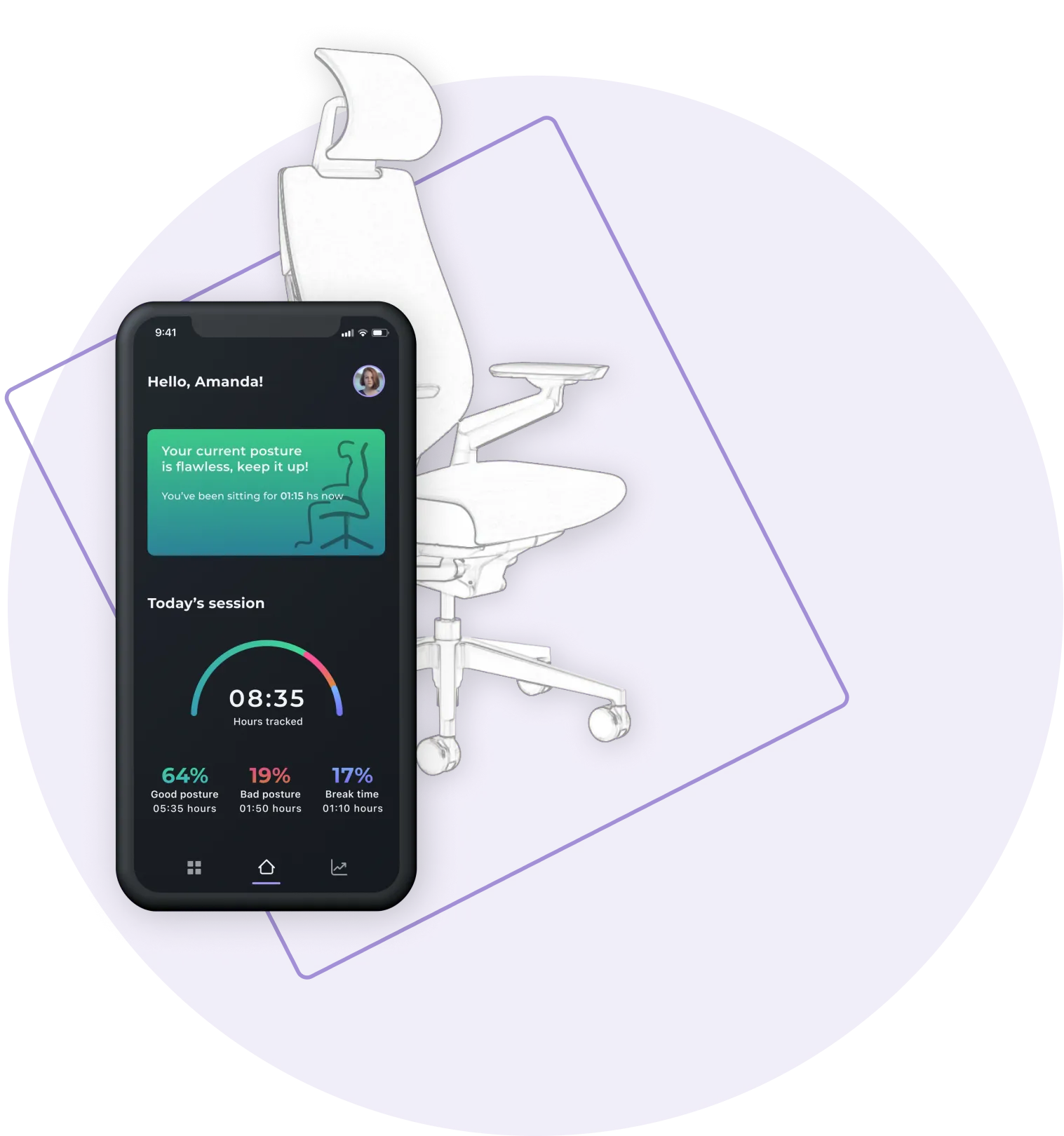
At first we focused solely on the chair and asked ourselves some difficult questions like: how will it detect the user’s sitting position? Would pressure sensors be accurate enough to become aware of the slightest change in position? How can the data collected be sent to the database? How will we connect the chair to a specific user? Our goal was for the app to not only show notifications and current posture status, but also provide the user with the opportunity to customize their own experience and be able to adjust vibration patterns, notification times, watch educational materials and overall keep track of the progress made over time. This product is the result of our expertise and passion in IoT, mobile app development and UX/UI design combined. We believe there’s a real need in the market for products like Posture that help people improve their postural hygiene. This is especially true in times like these where working from home is common and people spend a lot of time sitting in positions that aren’t optimal for their posture.

A leading meditation app that has been featured by the App Store several times

Highly Meditated reached out to us so we could rebuild their iOS and Android apps entirely from scratch. Beditations is an app that focuses on meditations to both fall asleep and wake up. While this is a great differentiating factor from other meditation apps, it also generates the challenge of presenting users with a set of features they are not familiar with. To overcome this and achieve really great UX it was important to reevaluate how users would interact with the app.

We worked with this team to completely rethink the UX/UI of the app, with a focus on understanding the users' journey while navigating it. Our first big achievement was the successful launch of the new iOS version. Later we released the Android version. We were also able to apply our knowledge of React and NodeJS by creating a web app where the client can login and manage all of the content the user sees on the mobile app such as playlists and meditations.
Beditations has been featured several times on the App Store and its user base keeps growing every day!

Empowering people to use insights from theirDNA to improve their everyday lives

When we partnered to work with Exploragen we came upon the challenge that their apps had to be user-friendly, robust, appealing, scientifically accurate and secure all at the same time. The client had an excellent grasp on the scientific side of things –because of their vast experience in the field– but they needed help with the software development side to be able to make their ideas a reality.

By working closely with the client we were able to develop three different apps that help improve people’s lives based on their unique DNA data. The first one we worked on was Per Cup, an app that checks for genetic variants that are shown to be associated with several different aspects of caffeine response. SlumberType, the world’s first DNA-based sleep app, allows people to learn how DNA influences their sleep cycle and they gain insights about how their results may impact other areas of their life. Lastly, we built GenoTonez as a fun proof of concept that used information contained in DNA coupled with AI algorithms to build music.

Developing and integrating apps with a wireless headbandthat is used by Formula 1 drivers and US Olympic weightlifters to improve their focus skills

We initially partnered with BrainCo to expand their development team, as their in-house team was busy juggling several other projects. Their search for the right tech partner consisted of knowing they needed someone that had experience not only with iOS development but also integrating different wearables like their FocusCalm Headband. After some time passed they started building the FocusCalm app which, paired with an advanced wearable headband, helps users discover new ways to calm their mind with games, guided meditations and expert content.

Since then we’ve been working collectively with BrainCo developing various games for the FocusCalm app. In the beginning they were basic games we built on Flutter, however later we moved on to more complex ones. Leveraging the Unity framework gave us the possibility to build games with more advanced graphics and mechanics, and we were able to integrate them into the main FocusCalm app. This is a very interesting combination of both frameworks and technologies since it involves a wearable headband connected via bluetooth to an iOS and Android app developed with Flutter, and also controlling the gameplay of a Unity game that runs seamlessly inside the app.

A project designed to help people improve their postural hygiene and health

Most of us spend around eight hours sitting in front of the pc at work, and add a few extra when we get home. Sitting in bad posture all day has a very poor effect on our health and causes us to experience painful side effects such as neck pain, headaches, back pain, among others. Even though we’re conscious of these things and make an effort to adjust it, we still find ourselves sitting in poor posture. We came up with the concept and designed POSTURE to help users improve their postural hygiene. This is achieved by monitoring their sitting position in real time and sending notifications when they need to adjust their sitting position or take a break after a long period of sitting.

At first we focused solely on the chair and asked ourselves some difficult questions like: how will it detect the user’s sitting position? Would pressure sensors be accurate enough to become aware of the slightest change in position? How can the data collected be sent to the database? How will we connect the chair to a specific user? Our goal was for the app to not only show notifications and current posture status, but also provide the user with the opportunity to customize their own experience and be able to adjust vibration patterns, notification times, watch educational materials and overall keep track of the progress made over time. This product is the result of our expertise and passion in IoT, mobile app development and UX/UI design combined. We believe there’s a real need in the market for products like Posture that help people improve their postural hygiene. This is especially true in times like these where working from home is common and people spend a lot of time sitting in positions that aren’t optimal for their posture.


Empowering people to use insights from their
DNA to improve their everyday lives

When we partnered to work with Exploragen we came upon the challenge that their apps had to be user-friendly, robust, appealing, scientifically accurate and secure all at the same time. The client had an excellent grasp on the scientific side of things –because of their vast experience in the field– but they needed help with the software development side to be able to make their ideas a reality.
By working closely with the client we were able to develop three different apps that help improve people’s lives based on their unique DNA data. The first one we worked on was Per Cup, an app that checks for genetic variants that are shown to be associated with several different aspects of caffeine response. SlumberType, the world’s first DNA-based sleep app, allows people to learn how DNA influences their sleep cycle and they gain insights about how their results may impact other areas of their life. Lastly, we built GenoTonez as a fun proof of concept that used information contained in DNA coupled with AI algorithms to build music.


A project designed to help people improve their postural hygiene and health

Most of us spend around eight hours sitting in front of the pc at work, and add a few extra when we get home. Sitting in bad posture all day has a very poor effect on our health and causes us to experience painful side effects such as neck pain, headaches, back pain, among others. Even though we’re conscious of these things and make an effort to adjust it, we still find ourselves sitting in poor posture. We came up with the concept and designed POSTURE to help users improve their postural hygiene. This is achieved by monitoring their sitting position in real time and sending notifications when they need to adjust their sitting position or take a break after a long period of sitting.
At first we focused solely on the chair and asked ourselves some difficult questions like: how will it detect the user’s sitting position? Would pressure sensors be accurate enough to become aware of the slightest change in position? How can the data collected be sent to the database? How will we connect the chair to a specific user? Our goal was for the app to not only show notifications and current posture status, but also provide the user with the opportunity to customize their own experience and be able to adjust vibration patterns, notification times, watch educational materials and overall keep track of the progress made over time. This product is the result of our expertise and passion in IoT, mobile app development and UX/UI design combined. We believe there’s a real need in the market for products like Posture that help people improve their postural hygiene. This is especially true in times like these where working from home is common and people spend a lot of time sitting in positions that aren’t optimal for their posture.

A leading meditation app that has been featured by
the App Store several times

Highly Meditated reached out to us so we could rebuild their iOS and Android apps entirely from scratch. Beditations is an app that focuses on meditations to both fall asleep and wake up. While this is a great differentiating factor from other meditation apps, it also generates the challenge of presenting users with a set of features they are not familiar with. To overcome this and achieve really great UX it was important to reevaluate how users would interact with the app.
We worked with this team to completely rethink the UX/UI of the app, with a focus on understanding the users' journey while navigating it. Our first big achievement was the successful launch of the new iOS version. Later we released the Android version. We were also able to apply our knowledge of React and NodeJS by creating a web app where the client can login and manage all of the content the user sees on the mobile app such as playlists and meditations.
Beditations has been featured several times on the App Store and its user base keeps growing every day!


Developing and integrating apps with a wireless headband
that is used by Formula 1 drivers and US Olympic weightlifters to improve their focus skills

We initially partnered with BrainCo to expand their development team, as their in-house team was busy juggling several other projects. Their search for the right tech partner consisted of knowing they needed someone that had experience not only with iOS development but also integrating different wearables like their FocusCalm Headband. After some time passed they started building the FocusCalm app which, paired with an advanced wearable headband, helps users discover new ways to calm their mind with games, guided meditations and expert content.
Since then we’ve been working collectively with BrainCo developing various games for the FocusCalm app. In the beginning they were basic games we built on Flutter, however later we moved on to more complex ones. Leveraging the Unity framework gave us the possibility to build games with more advanced graphics and mechanics, and we were able to integrate them into the main FocusCalm app. This is a very interesting combination of both frameworks and technologies since it involves a wearable headband connected via bluetooth to an iOS and Android app developed with Flutter, and also controlling the gameplay of a Unity game that runs seamlessly inside the app.



wellness apps important?
On demand fitness classes are more accessible to people. Many of these apps have push notifications reminding users to keep going, online communities, and virtual challenges all designed to motivate them.
Meditation apps have been proven to help people decrease their anxiety, reduce stress levels, and overall aid in managing any challenging situations.
Wellness apps are great for helping create and maintain healthy habits with regards to sleep and nutrition. From collecting information on sleep patterns to provide detailed information for the user, to providing a way for users to track calorie intake, check meal plans and more.
These are some of the most common questions we’ve encountered when it comes to wellness and fitness app development. If you have a question about our services maybe you'll find the answer here.
Yes, also as a fitness app development company we offer flexible engagement models which are dedicated teams, end to end development or staff augmentation services. Dedicated teams is where we can put together a high-performing team (developers, designers, project managers) that will work and feel as part of your company, in order for you to scale fast. We also provide staff augmentation services which means that if you need one, two or a few developers we can provide them and they seamlessly integrate with your team to work as part of your in-house team, bringing all of our expertise to ensure your project's success. In end to end development we partner with you to completely bring your product to life by following our curated development process, we guide you through each step of the way towards a successful product launch.
The cost and length of time depends on the technology selected, features and the experience that’s required for the development of your product. What we do is offer a weekly rate per resource assigned to your project. While we don’t work on a fixed price basis we offer cost estimates that are educated guesses based on our experience. The more information you can provide us with about your needs, the more accurate our estimate is likely to be.
As a fitness app development agency some of the most common features we have seen in these type of applications are: push notifications, chatbots, social media integrations, in-app messaging features, real time tracking, food tracker/calorie counter, location tracker, gamification, virtual coaching, video chat capabilities, among others.
In mobile app development our experience spans from working with both the Android and iOS ecosystems natively with the use of Kotlin for Android and Swift for iOS, and we also develop cross-platform apps using Flutter and React Native. In web development our experience lies in using React, Ruby on Rails and Node.js. We’ve also integrated all kinds of wearables, IoT and custom hardware devices using technology like NFC, bluetooth, wifi, RFID, and others.
This is usually only necessary in health applications. If your application shares a patient’s protected health information you are subject to HIPAA compliance rules. Even if it isn’t mandatory for you, you should still take security measures to make sure that your user’s information is safe. If you want to know more about HIPAA compliance, we created a detailed post on whether your app needs to be HIPAA compliant or not.
Didn't find the answer you were looking for? Drop us a line and we'll get back to you shortly.
Contact Us


